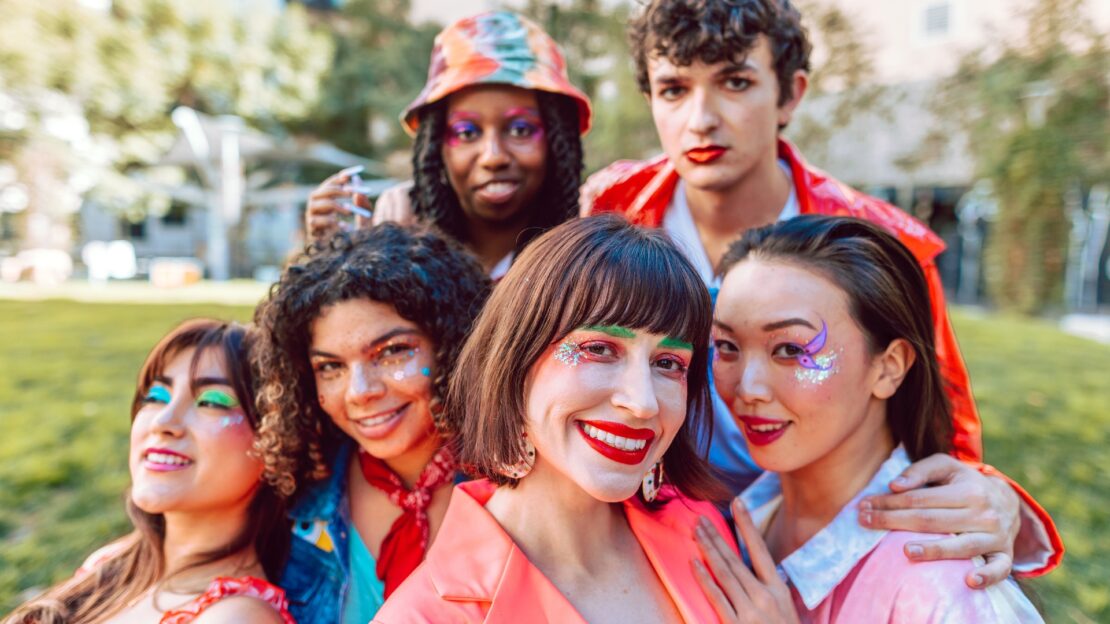Guest blog by Paul Turner, one of the Civil Aviation Authority’s Diversity Champions
Here at ATOL, we celebrate diversity and inclusion in our workplace and work to create a supportive and positive environment for all.
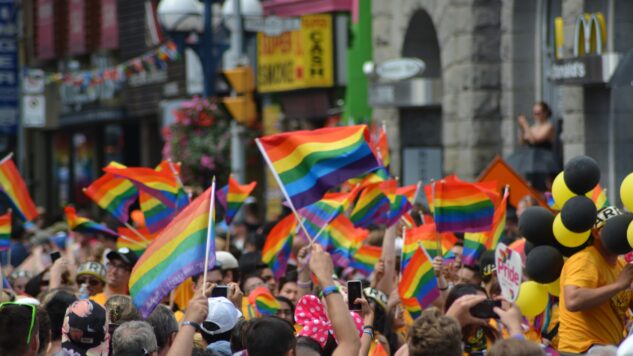
The LGBTQ+ movement has grown in the last 50 years from protest marches with a few thousand people to the huge events in some of the world’s biggest cities which attract millions.
I’ve been to many Pride events across the globe from London to New York. And while Pride guarantees a great time, it isn’t just about adding rainbow flags to logos or taking part in street parties.
It’s about uplifting and amplifying LGBTQ+ voices; a time to celebrate how far we’ve come in fostering equality and acceptance and shine a light on how much work still needs to be done.
New York
The Stonewall riots were one of the most pivotal moments in the struggle for gay rights.
In the early hours of June 28, 1969, police raided the Stonewall Inn, a Mafia-owned gay bar for the second time in a week. The raid sparked a violent protest and led to days of rioting and disorder involving hundreds of demonstrators.
The riot is now seen as the start of the modern LGBTQ+ civil rights movement in the United States.
In 2016, President Barack Obama officially designated the Stonewall National Monument, making it the United States’ first national monument designated for an LGBTQ+ historic site.”
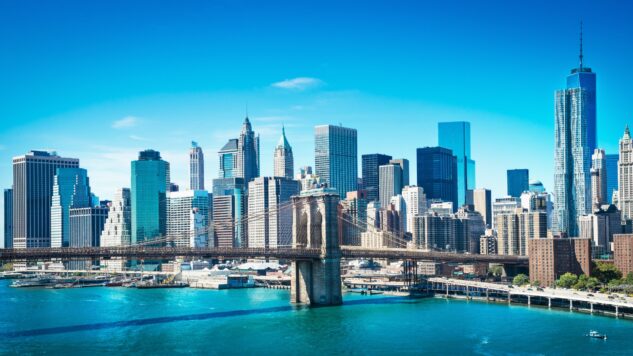
Madrid
To mark the anniversary of the Stonewall riots, Pride marches were held in New York, Los Angeles and Chicago for the first time ever.
European countries soon followed suit and the first UK Pride march was held in London in 1972 when two thousand demonstrators marched along Oxford Street.
London’s Pride weekend is now estimated to attract more than a million people every July, bringing central London to a noisy and colourful stand-still.
Madrid celebrated its first Pride event in 1978, when seven thousand people marched to demand the decriminalisation of homosexuality.
In 2005, Spain became the third country in the world to legalise same-sex marriage and nowadays, Madrid Pride is the largest LGBTQ event in Europe. Organisers estimate more than three million people attended the World Pride event in the city in 2017.”
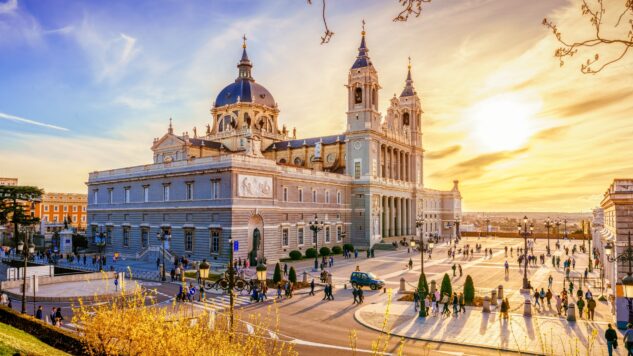
San Francisco
The Rainbow flag is now regarded by many as the international symbol of the LGBTQ+ movement. Artist Gilbert Baker created the first pride flag from strips of fabric dyed in trash cans before San Francisco’s 1978 pride parade.
Each of the flag’s original eight colours had a meaning: pink for sex, red for life, orange for healing, yellow for sun, green for nature, turquoise for magic, blue for peace, and purple for spirit. From 1979 onwards the most common variant has six stripes: red, orange, yellow, green, blue, and violet.
San Francisco, which includes the Castro district, one of the most famous LGBTQ+ neighbourhoods in the world, was the scene of the first Gay Games in 1982.
The Games have taken place every four years in cities around the world since then, with recent games seeing comparable numbers of athletes to the Olympics and Paralympics.”
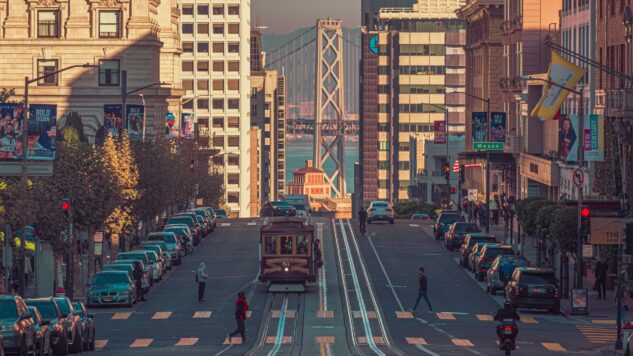
The Netherlands
In 1989, the Danish Parliament passed the Registered Partnership Act, which fell short of granting full equality but was a massive step forward towards same-sex marriages.
However, it was the Netherlands that became the first country in the world to enact same-sex marriage.
Same-sex partners won full recognition under Dutch law in 2001 and just after the stroke of midnight on April 1 in that year, the mayor of Amsterdam married four couples in the City Hall.
Now 33 countries recognise same-sex unions around the world. Andorra will soon join the growing list when a law allowing same-sex marriage will come into force on 17 February 2023.
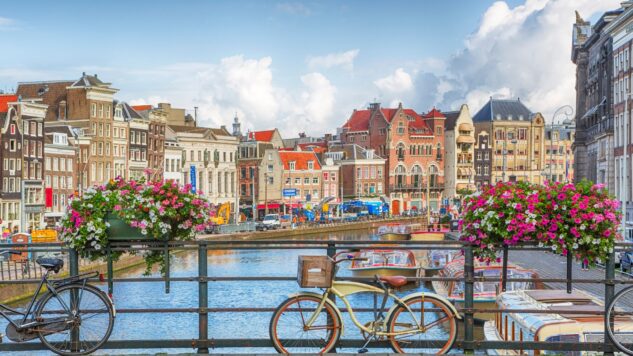
If you are already planning a trip to WorldPride in Sydney or one of the other Pride events around the world later this year, don’t forget to ensure your package holiday is financially protected by the ATOL scheme.
There is a growing choice of LGBTQ+ specialist travel agents and tour operators, but people are advised to look out for unscrupulous websites and individuals selling fake or illegal Pride package holidays.
You can check if your operator holds an ATOL licence on our website.
View more news
